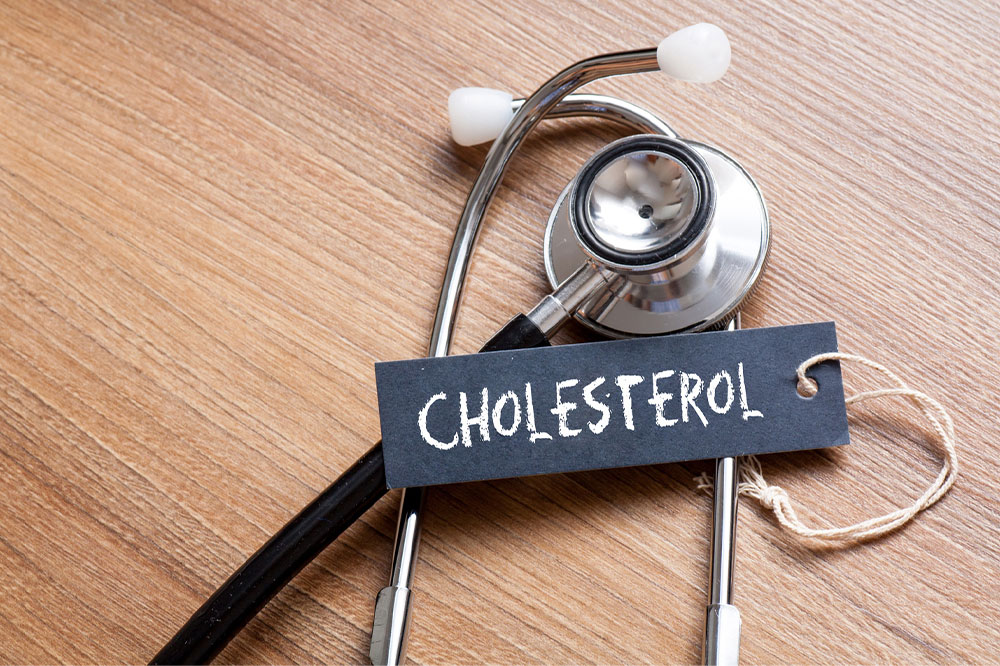6 warning signs of dementia
Dementia is a complex neurological condition that affects millions of people worldwide. Recognizing the early signs of dementia is crucial for early intervention and improved quality of life. While memory loss is often associated with dementia, other subtle signs can manifest in the early stages. Increasing awareness and understanding can foster a more supportive and compassionate environment for individuals with dementia and their loved ones. Memory loss and forgetfulness Memory loss is one of the primary warning signs of dementia. It is common for individuals to forget appointments, important dates, or recent conversations. Some patients might have difficulty recollecting information that was shared with them recently. It is common for caregivers or family members to repeat information for these patients. One of the most common early signs of dementia is memory loss. Another sign of memory loss is misplacing objects and facing challenges in retracing steps. While occasional forgetfulness is common, persistent memory difficulties that impact daily life may indicate early-stage dementia. Difficulty with language and communication An individual’s declining ability to effectively communicate and express themselves is another concerning sign of dementia. Dementia, in its early stages, can impact an individual’s ability to express themselves. It might cause them difficulty using familiar words or finding the appropriate words.
Read More 









